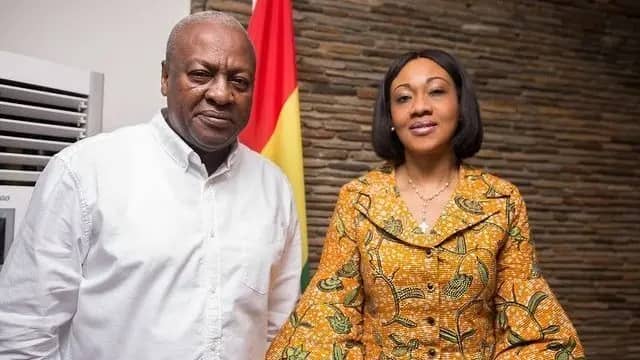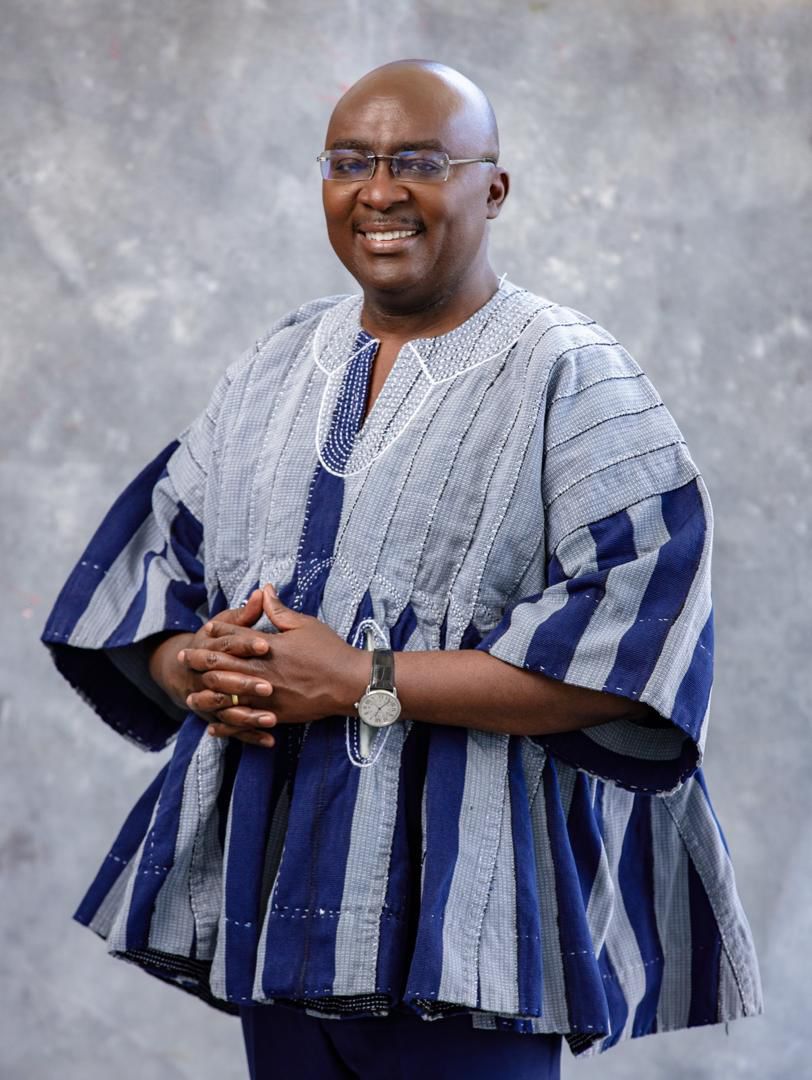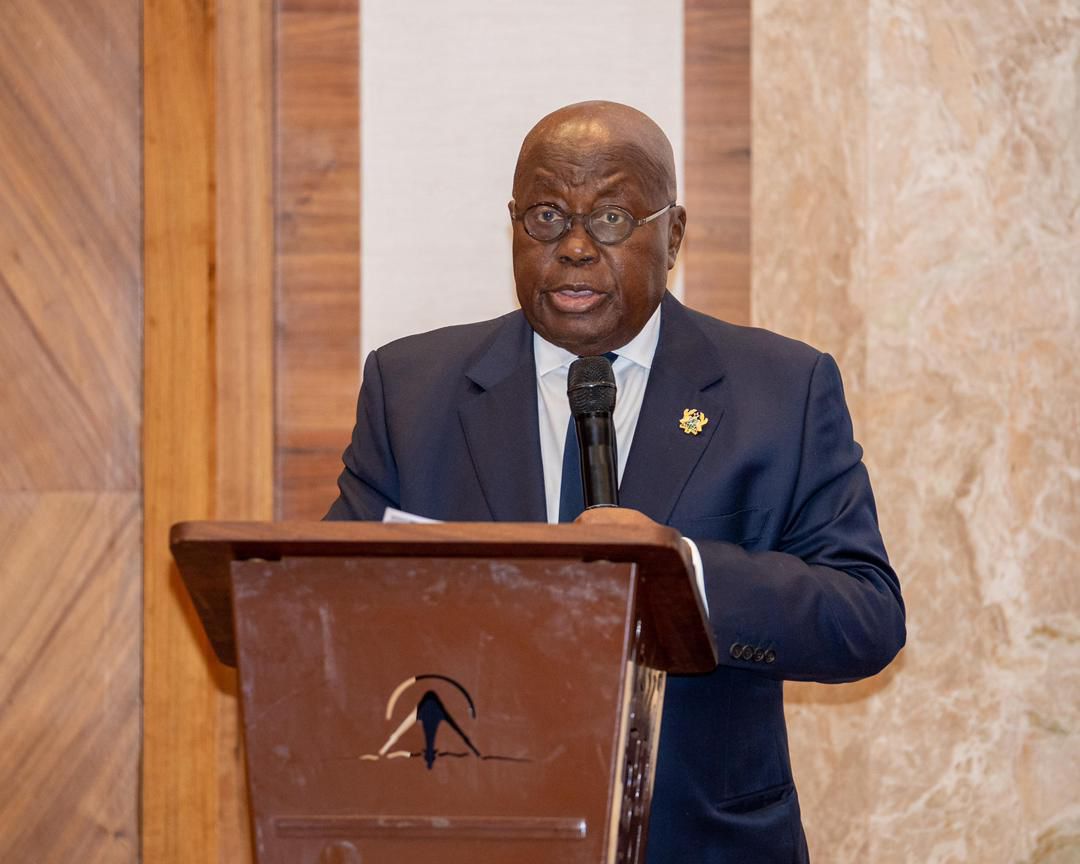Recent political signals suggest that the National Democratic Congress (NDC), under the leadership of former President John Dramani Mahama, is seeking to secure a two-thirds majority in Parliament—reportedly to amend the Constitution and pave the way for a third-term presidential bid.
Strategic constituencies like Ablekuma North have become targets in this broader scheme. If these efforts are indeed part of a third-term agenda, then Ghanaians must rise in collective resistance to preserve the sanctity of our constitutional democracy.
The Law Is Clear: Two Terms, No More
Ghana’s 1992 Constitution, under Article 66(2), makes it clear:
“A person shall not be elected to hold office as President of Ghana for more than two terms.”
This term limit is an entrenched clause, protected under Article 290, and can only be amended with:
A two-thirds majority in Parliament; and
A national referendum with at least 40% voter turnout and 75% approval.
These high thresholds were designed by the framers of the Constitution to protect against personal ambition overriding national interest.
Historical Memory: Jerry Rawlings Showed Restraint
Ghana’s own history offers a powerful precedent. Former President Jerry John Rawlings, after leading the country for over a decade under military and civilian rule, respected the two-term limit of the 1992 Constitution and voluntarily stepped down in 2001.
Rawlings could have used his influence to amend the Constitution—but he didn’t. His decision strengthened Ghana’s democratic credibility, setting a tone for peaceful transitions and constitutional respect.
By contrast, any effort by President Mahama to return through constitutional revision would shatter that legacy and plunge Ghana into a dangerous precedent.
Africa’s Painful Lessons: Third-Termism Leads to Chaos
Across the continent, leaders who have dismantled term limits for personal gain have left trails of instability:
Guinea (2020): President Alpha Condé amended the Constitution to run for a third term. Protests erupted. Over 90 civilians were killed. In 2021, he was overthrown in a military coup.
Côte d’Ivoire (2020): President Alassane Ouattara controversially sought a third term. The move triggered political violence and deaths, tainting his democratic record.
Uganda: President Yoweri Museveni scrapped term limits in 2005. He remains in power after nearly 40 years, amid democratic decline, repression, and protests.
Burundi (2015): President Pierre Nkurunziza’s third-term bid sparked mass protests, an attempted coup, and a deadly crackdown.
Ghana must not follow these paths. We are admired globally for our peaceful democratic transitions. That legacy is worth more than one man’s return to power.
Parliament Is Not a Personal Weapon
Winning more seats—such as Ablekuma North—is part of healthy politics. But when parliamentary control is weaponized to override the Constitution, it ceases to serve the people and becomes a tool of authoritarianism.
This is not why we vote.
The People and the Courts Must Be Vigilant
We call on:
The Supreme Court to be prepared to defend the Constitution in case of any attempt to undermine Article 66.
Civil society and the Ghana Bar Association to take a firm and unified stance.
Religious leaders, traditional authorities, journalists, and student unions to protect Ghana’s democracy.
If the Constitution is compromised for individual ambition, the entire nation will bear the cost—economically, socially, and institutionally.
Conclusion: A Legacy or a Crisis?
President Mahama has an opportunity to preserve his place in Ghanaian history as a democratic leader who respected the limits of power. If he chooses to pursue a third term by subverting the Constitution, he will go down in history not as a statesman, but as the man who nearly broke Ghana’s democratic spine.
We must say this with moral clarity:
Ghana is not for sale. The Constitution is not for manipulation. And democracy is not for demolition.



